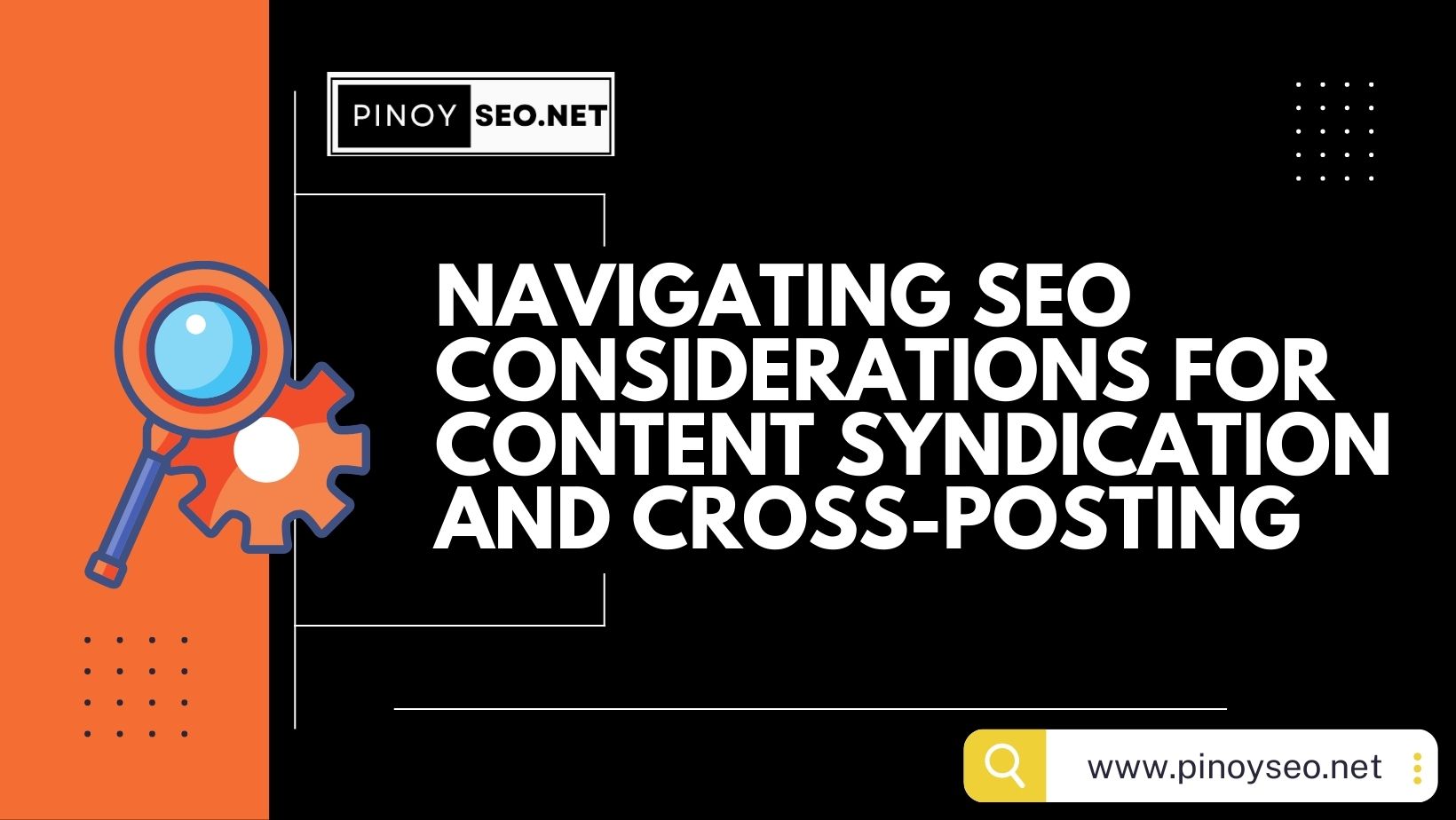In the dynamic landscape of digital marketing, finding the right balance between paid search and SEO budgets is crucial for maximizing online visibility and driving results. Effective allocation ensures that your resources are utilized efficiently, delivering a harmonious blend of immediate impact and sustainable long-term growth. In this article, we’ll explore valuable tips to help you strike the perfect balance between your paid search and SEO budgets.
1. Understand Your Business Goals
Begin by aligning your paid search and SEO strategies with your overall business objectives. Identify short-term goals that can benefit from the instant visibility provided by paid search, as well as long-term goals that require the sustained efforts of SEO. This understanding forms the foundation for an optimal budget allocation strategy.
2. Evaluate Keyword Performance
Conduct a thorough analysis of your target keywords. Identify high-performing keywords that drive immediate results through paid search and those that have the potential for organic growth through SEO. Allocate a portion of your budget to high-impact paid search keywords while nurturing organic growth for long-tail keywords through SEO efforts.
3. Budget Flexibility Based on Seasonality
Recognize the seasonality of your business and industry. Allocate a more flexible budget for paid search during peak seasons when immediate visibility is crucial. For the off-peak periods, channel more resources into SEO to build and strengthen your organic presence, preparing for the next peak season.
4. Diversify Ad Platforms and Channels
Explore various paid search platforms and channels to diversify your advertising efforts. While Google Ads is a popular choice, platforms like Bing Ads, social media advertising, and display networks can offer cost-effective alternatives. Allocate budgets strategically based on the platforms that align with your target audience.
5. Align Content Strategies
Create synergy between your paid search and SEO content strategies. Develop high-quality, relevant content that complements your paid search ads and enhances organic search rankings. By aligning messaging and keywords, you amplify the impact of both strategies, ensuring a cohesive online presence.
6. Monitor and Adjust in Real-Time
Digital landscapes are ever-evolving, and consumer behaviors can change rapidly. Implement robust tracking and analytics to monitor the performance of your paid search and SEO campaigns in real time. Allocate budgets dynamically based on the performance data, optimizing where necessary to ensure maximum ROI.
7. Invest in Landing Page Optimization
Ensure that your landing pages are optimized for both paid search and organic traffic. A seamless user experience and relevant content contribute to higher conversion rates for paid search and improved organic search rankings. Allocate resources to continually enhance and refine your landing pages.
8. Utilize Remarketing for Paid Search
Allocate a portion of your paid search budget to remarketing efforts. Targeting users who have previously engaged with your site through paid ads can significantly improve conversion rates. This strategic allocation enhances the efficiency of your paid search budget by focusing on a warm audience.
9. Prioritize Local SEO for Geographic Targeting
For businesses with a local focus, allocate resources to local SEO efforts. This includes optimizing Google My Business profiles, obtaining local citations, and encouraging customer reviews. A well-optimized local presence complements paid search efforts, especially for users conducting ‘near me’ searches.
10. Regularly Review and Refine Strategies
Maintain a proactive approach to budget allocation by conducting regular reviews of your paid search and SEO strategies. Stay abreast of industry trends, algorithm updates, and shifts in consumer behavior. Refine your budget allocation based on performance insights and emerging opportunities.
In conclusion, achieving the right balance between paid search and SEO budgets requires a strategic and flexible approach. By understanding your business goals, evaluating keyword performance, adapting to seasonality, and embracing a holistic content strategy, you can optimize your budget allocation for maximum impact. Regular monitoring, adjustments, and a commitment to staying current in the digital landscape will empower you to navigate the dynamic intersection of paid search and SEO successfully.


